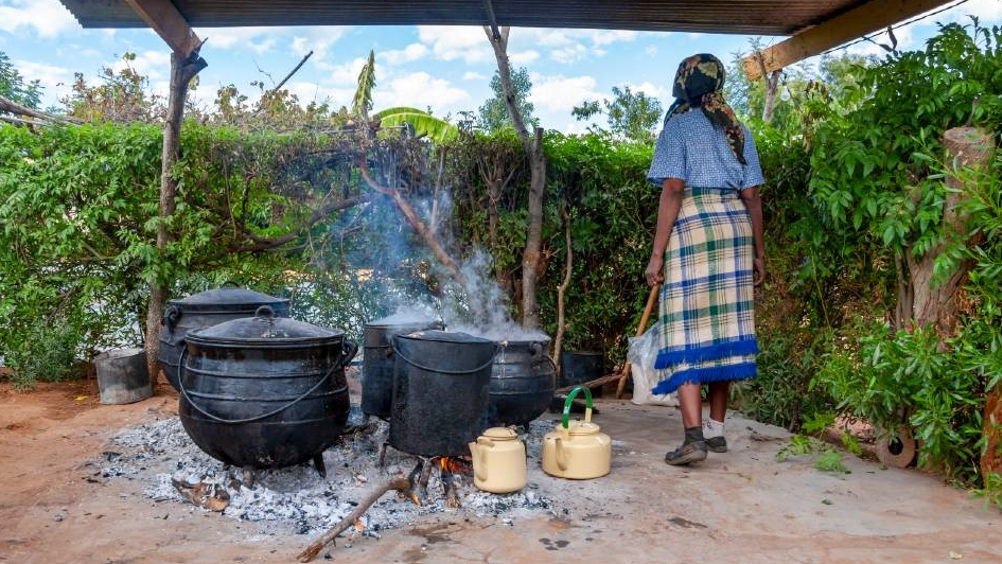Report predicts huge shortage of clean cooking fuel for Africa by 2050
A new study from Loughborough University forecasts that 1.1 billion people in Africa will be without eco-friendly cooking fuels and technology by 2050, if action is not taken.

Researchers used machine learning to create a computer model that predicts clean cooking landscapes in Sub-Saharan Africa. Using holistic and historical country-level data, the model analyses population growth and factors that influence clean cooking accessibility, such as availability and affordability of electricity.
It forecasts that more than 840 million African people will not have access to clean cooking fuels or technologies in 2030, rising to over 1.1 billion people in 2050. Though access to clean cooking will increase in some parts of Africa, less than 20 per cent of the population in 16 countries will have access to clean cooking fuels and technologies in 2030, increasing to 18 countries by 2050.
Cooking fuels and technologies are deemed ‘clean’ due to the levels of particulate matter and carbon monoxide they emit, as opposed to cooking with polluting biomass fuels, such as charcoal and wood.
Doctoral researcher Mulako Mukelabai, of Loughborough University, said: “The findings of this study evidence the need for a rapid paradigm shift in the developing world energy sciences to address energy poverty.
Register now to continue reading
Thanks for visiting The Engineer. You’ve now reached your monthly limit of news stories. Register for free to unlock unlimited access to all of our news coverage, as well as premium content including opinion, in-depth features and special reports.
Benefits of registering
-
In-depth insights and coverage of key emerging trends
-
Unrestricted access to special reports throughout the year
-
Daily technology news delivered straight to your inbox










UK Enters ‘Golden Age of Nuclear’
The delay (nearly 8 years) in getting approval for the Rolls-Royce SMR is most worrying. Signifies a torpid and expensive system that is quite onerous...